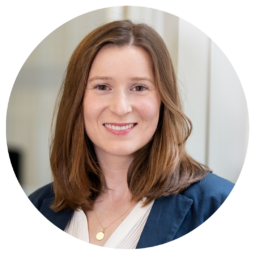To develop business plans for implementation of the COMPAR-EU platform, featuring decision-making tools about self-management, we conducted individual interviews with clinicians and managers in Germany and Spain.
In total we interviewed 38 clinicians and managers from hospital and community-based settings. The interviews focussed on how to successfully implement the decision tools at an organisational level.
The preliminary results show that there are important factors at different levels. There are different roles and responsibilities among team members that are important for the use of decision tools in practice. Enthusiasm among healthcare professionals to implement decision tools can be driven by the fact that the platform is evidence-based and that patients can benefit from support in the decision-making process. Financial incentives might be necessary to motivate organisations to implement decision tools. However, some participants believe that these incentives are unnecessary because patient health is what matters the most.
In order to test whether the domains identified in the initial interviews are applicable in other healthcare settings, we conducted a focus group with participants from other COMPAR-EU countries (Belgium, the Netherlands, Greece).
In addition, we conducted a workshop with other relevant stakeholders such as mHealth start-ups, pharma, researchers, management organisations, to explore how decision tools can be embedded in the value chain and how we can market them to different end users. We gathered different outputs related to the resources required, key activities, communication channels and costs. We were happy to see that participants were excited about the various features of the platform and also showed great interest in participating in our next event: the COMPAR-EU Hackathon in September. There we want to develop specific use-cases in detail to ensure the sustainability of the platform.
These, together with the outcomes of the workshop, interviews and focus group, will be included in the core business plan for the decision-making tools of the COMPAR-EU project.


Paula Zietzsch
Paula Zietzsch is a Manager at the Research & Innovation department at OptiMedis. She is responsible for project organisation within OptiMedis and implementation of patient decision aids into the routine clinical settings. She holds a Master´s degree in Health Economics and Health Care Management from University of Hamburg




